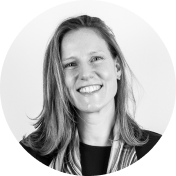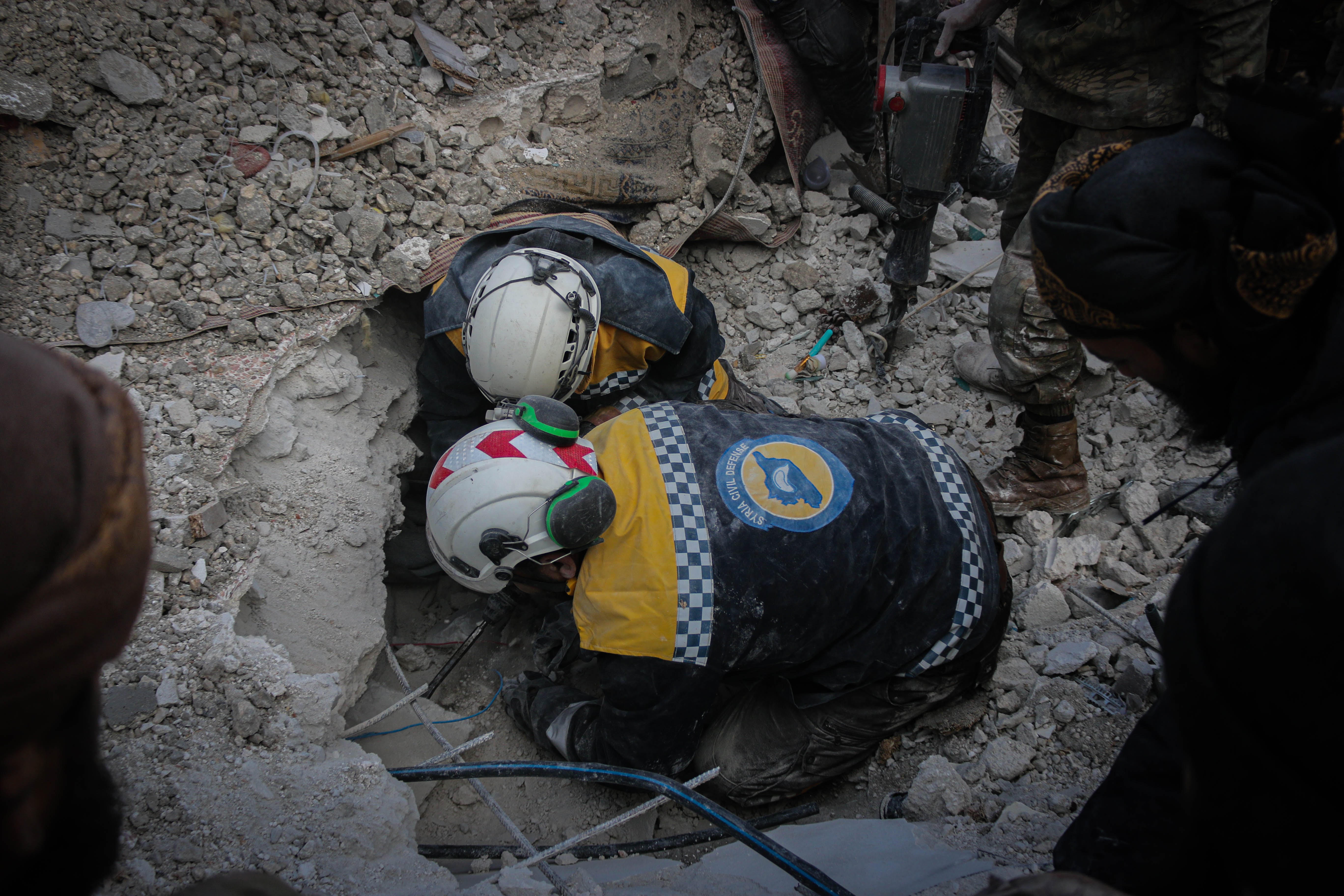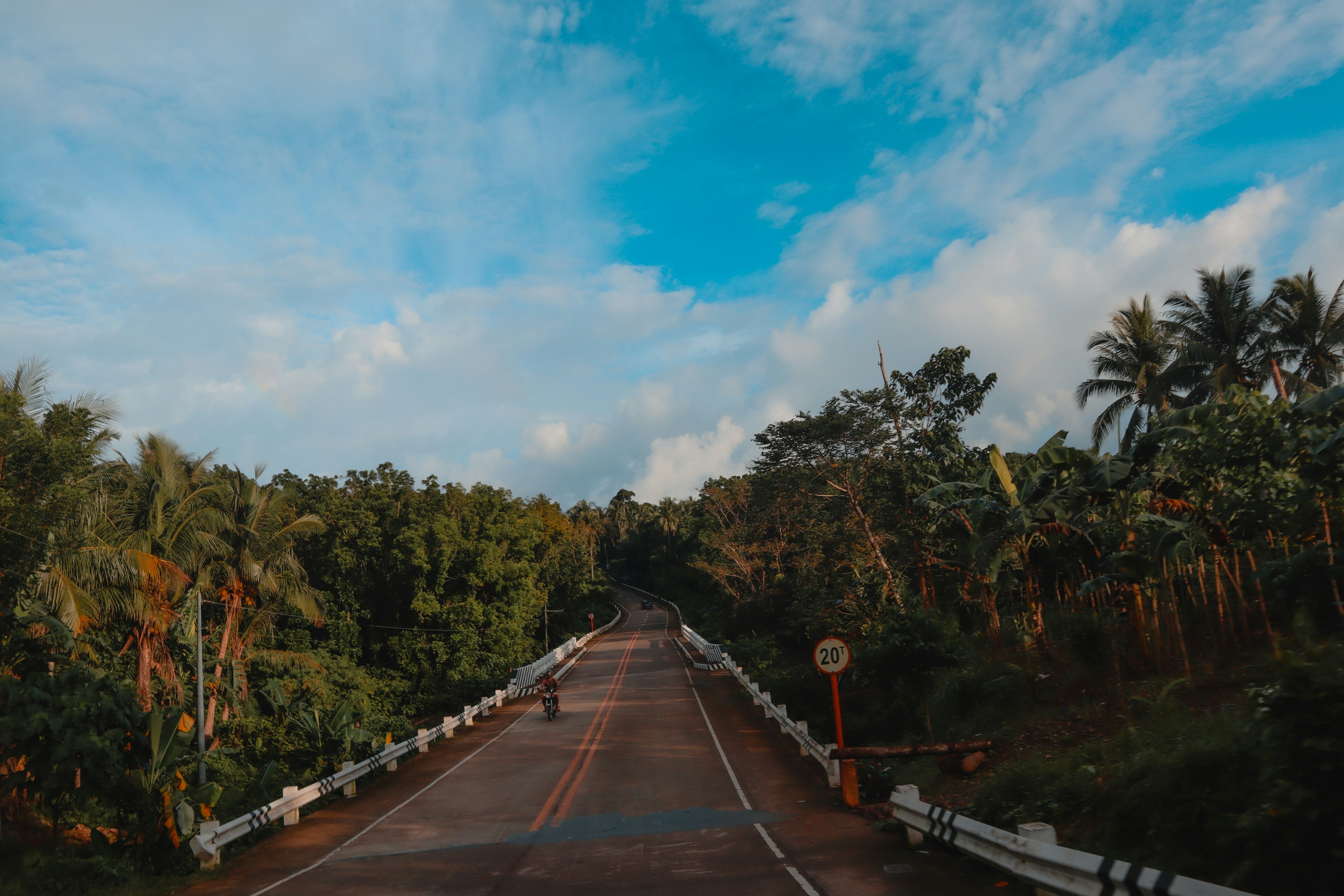This blog is part of HAG’s 5th birthday series. To see our story, check out our 5-year timeline.
Five years on and we have had roaring successes and tremendous failures. But we are still standing and most importantly we are happy. So here are my reflections. I hope they pique the interest of others setting up small businesses; of humanitarians that have supported, or challenged, us; and of women working out their role in the world.
Not taking ourselves, or anyone else, too seriously
Our roaring successes have been linked to the times we have gone with humour over wisdom. Early days and a wonderful supporter of HAG telephoned a Director and asked if we realised what our acronym was. Not only did we know what it was, we knew the original meaning, had laughed a lot and embraced it. The other option was HCG – the hormone released in pregnancy – so let’s face it, it could have been worse. Since that day our name has been our best marketing move and we paid nothing for it. For those of you wondering, the original meaning of the word:
HAG (n), from‘hægtasse’, a female orator, a figure greatly feared and respected – From ‘hegge’, a foot in two realities – the world of the village (home) and the wild world beyond
Not taking anyone else too seriously, well, this isn’t meant in any way disrespectfully but if we took everything to heart that we have been told as consultants then we would be several feet shorter and seriously demoralised.
Professionalism does not mean the absence of children in the background
Early days did involve kitchen tables, multiple rounds of tea and let’s be honest – survival. Project to project figuring out if we had enough money to make it work and the daily logistics of juggling children in the background whilst trying to convince clients we had what it took to contribute meaningfully to the sector. I don’t use meaningfully as a throw away word, but as central to what we wanted to be. If we couldn’t do something worthwhile and useful then it probably wasn’t worth doing at all. What meaningful and worthwhile has meant for me has probably changed over time but the sentiment and drive has not. The investment in sultanas (to keep children eating for as long as possible whilst on a conference call) and in child care expenses has probably amounted to a few Ferraris. All that before I realised that being professional doesn’t mean a silent background – it means being responsive, following through on promises and delivering great products. Of course, I still have child care, but if I need to call someone with 3 children and a request for a game of pokemon in the background, I am okay with that. More than okay.
You need to survive before you can dream – or is it the other way around?
I mistakenly set out thinking that financial sustainability was first base and achieving our big dreams was second base. Once we had enough clients, I reasoned, then we could support an indigenous internship program; become a B Corps; support national consultants; undertake pro-bono work and run kick-ass events that contribute to the sector. How wrong I was – for two main reasons among many. If we exist only to make money, at whatever stage of business development, we miss a critical opportunity. My changed understanding of being ‘meaningful’ is this: I thought we could help change humanitarian action; I have realised we can help change Australia, the business world, the people we interact with every day. This is probably more powerful, and more realistic than changing humanitarian action. We will chip away at the latter, but influence with all our might the former. Making Australian businesses more ethical; supporting young people to have a significant role; and ensuring women are recognised and embraced as leaders – this is where it is really at. And secondly, being a social enterprise makes business sense – investing in people and ideas works.
Staff are everything
I know this is not a new revelation but what has stunned me has been the quality and sheer brilliance of our interns and post-graduate staff members. What started out as a belief in investing in future humanitarians has transformed into an understanding that our success is dependent on them. Our business would not have survived without the nous, ingenuity and initiative of some amazing women that work for us. Add to this the fact that a fabulous graphic designer and bookkeeper change your life. I don’t need to say anything more than that. It just has to be in there because of its revolutionary impact on our business, and therefore our lives. We are indebted.
What about the women thing?
So here we are. The main question we get asked relates to us all being women (though as an aside we have had two fabulous male interns and a raft of wonderful men that have featured prominently in our HAG journey). My response: seventy-eight percent. The percentage of male bosses I have had in my line of work. Admittedly it is not statistically significant, but across 5 country contexts, 3 organisations and 9 different bosses only 2 have been women. I was also in the humanitarian sector for nearly 10 years before I had a boss who was a woman. Does it make a difference? Maybe, maybe not. But I do think that as a sector it is a question we should be asking. Scrap that. As a society we should be asking. The statistics, beyond mine, are scary and I didn’t even realise it until I looked into it (or at least read Annabel Crabb’s book). We can and should be asking the questions and doing the research and figuring out how women’s leadership can lead to better humanitarian outcomes – not just at the response level but at the system level. We may ride in with all guns blazing and an over-blown, entitled sense of brilliance, but isn’t that what men have been doing for years?
And the tremendous failures…well, we are half the HAG we used to be. Two brilliant women directors left us. There are projects we wish we had had more time to perfect; more insights to draw on and those that we should have taken in a different direction all together. And we still often work from the kitchen table, interrupted by children (like now!). But as I said at the start, we are still standing and we are happy. We have a staff base of which to be proud, and every day we are proud. And I believe in what we are striving to achieve and managing to achieve every day.






